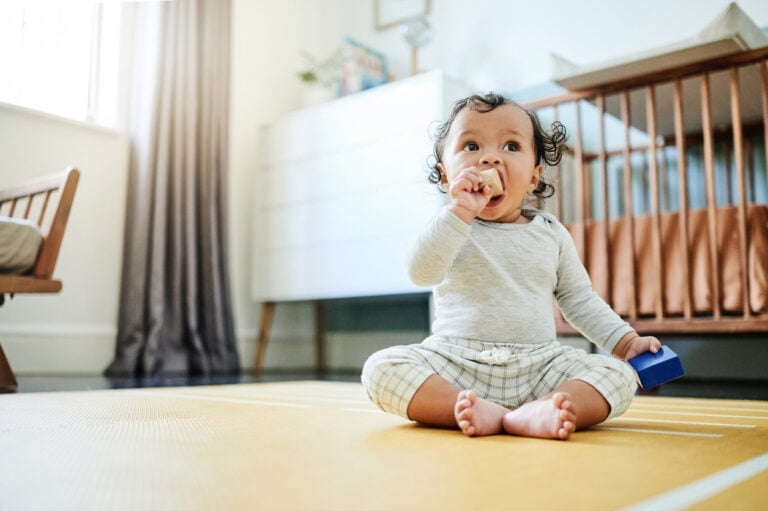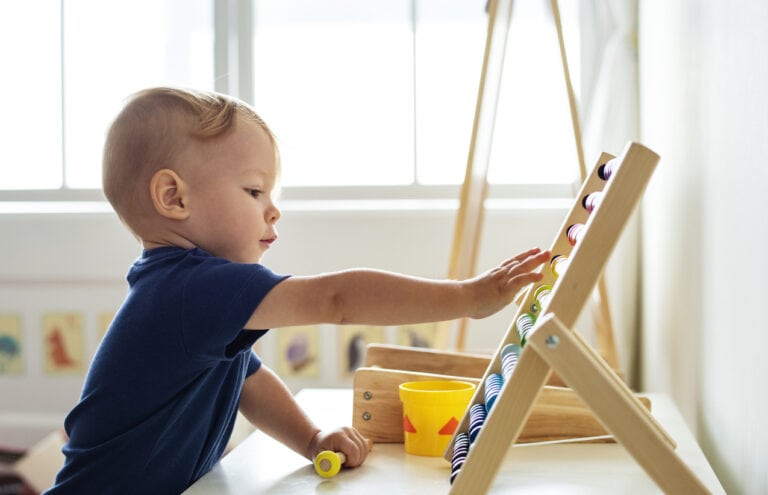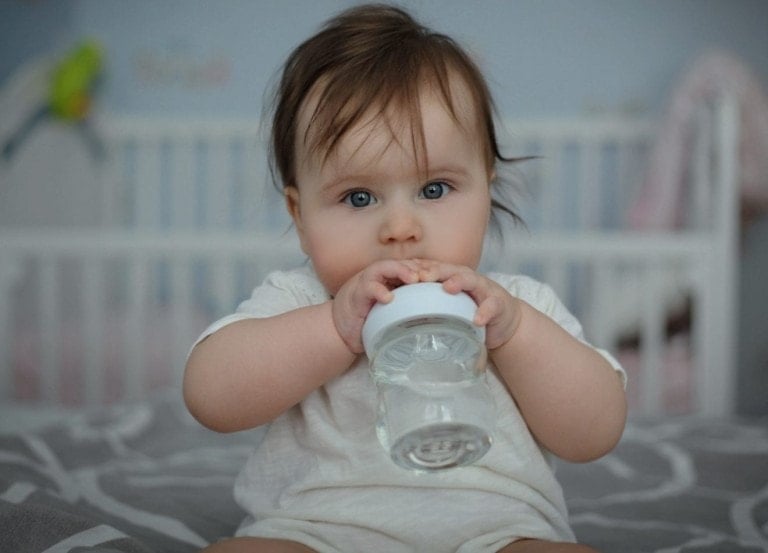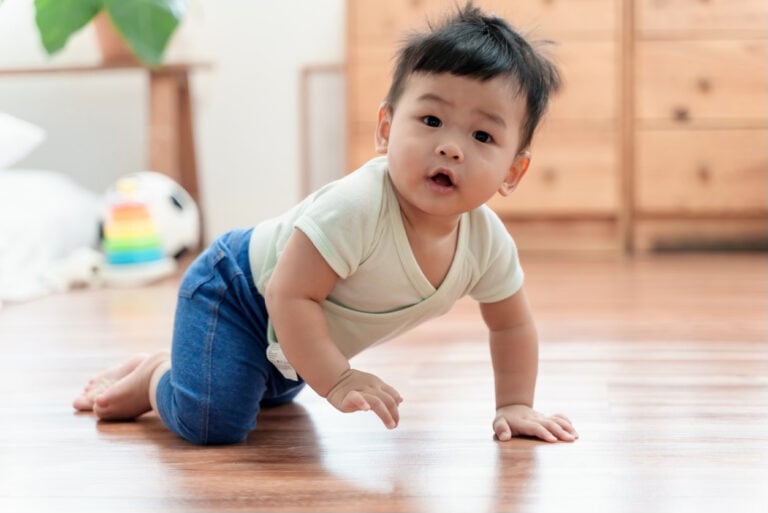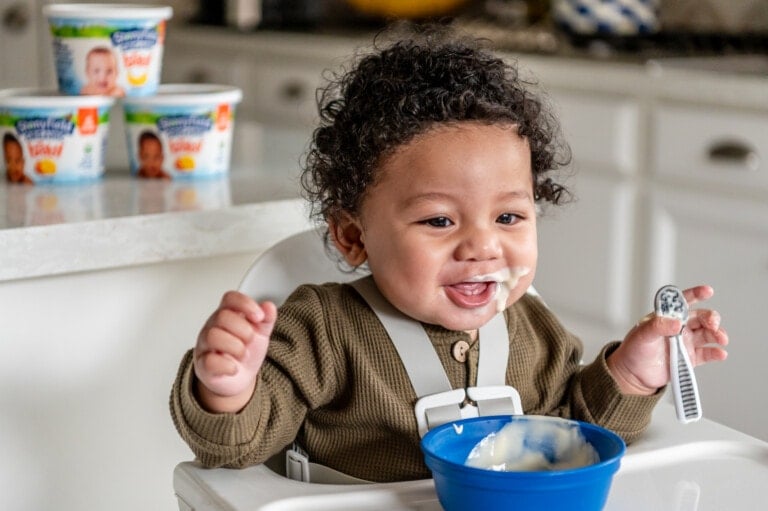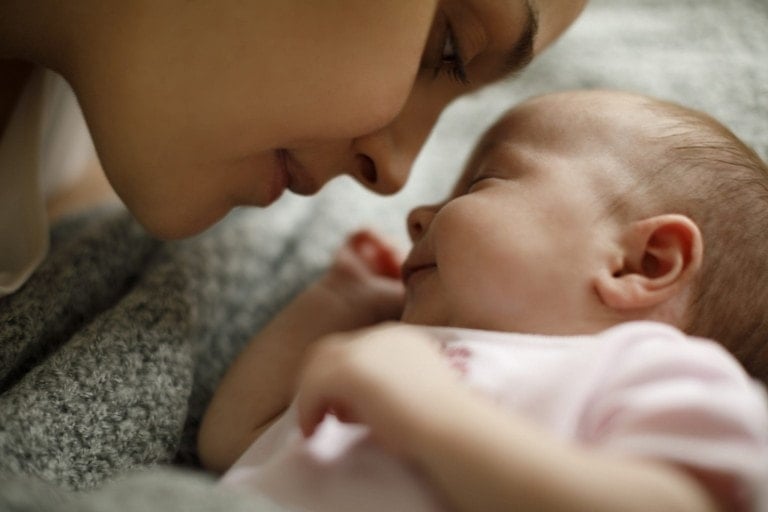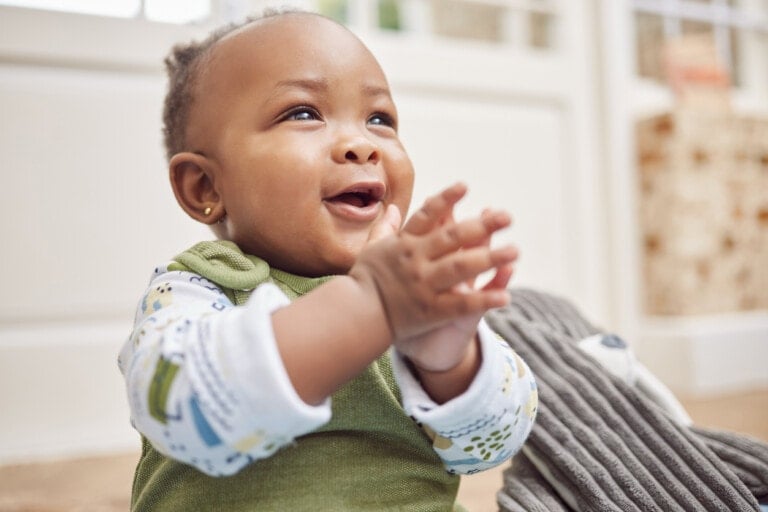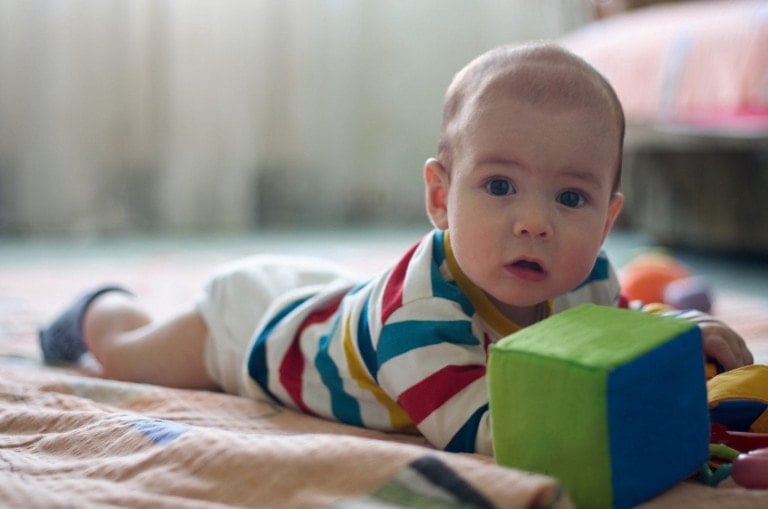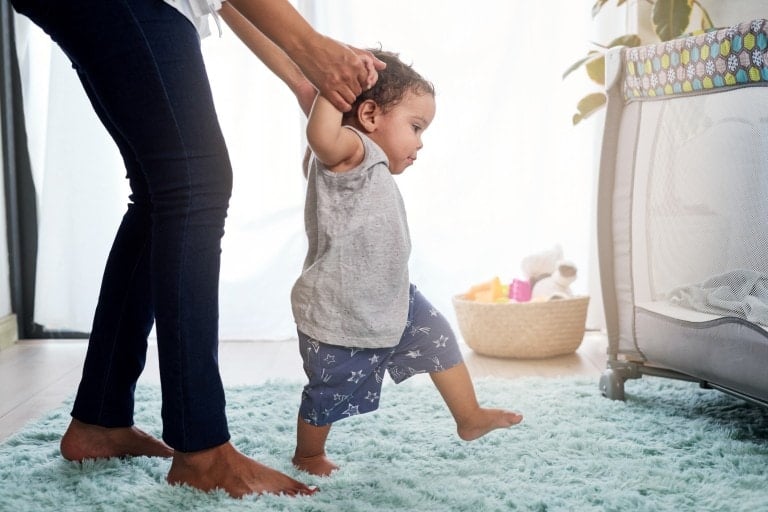It is natural to wonder what your baby’s personality will be like as they grow, and watching them become who they will be is fun. When you have a newborn, you can see certain things that may help clue you in, but it is essential to remember that babies change. Newborns grow fast, and you may see pieces of their personality as they do. The things you do and how you handle certain situations may also affect them as they grow. Check out the list below for indicators and things to be mindful of that could affect your baby’s personality as they age.
Ways to Predict Your Baby’s Personality
1. High Fussiness Levels Could Mean Problem Behavior
According to one study, if you have a fussy baby, it could mean your child may have overall more problem behavior.1 This study is interesting, though, because it focuses on excessive crying as perceived by the mother. The key here is the mother comforts the baby sooner to avoid excessive crying.
2. More Cooing Could Mean Strong Language Development
Their brains grow quickly when they’re small. The more noise they make, the stronger their language development could be. Make sure to talk to them; their brain will only grow stronger. According to researchers at the University of Connecticut, “baby talk,” or exaggerating certain sounds and being animated, will benefit your child’s word acquisition.2
3. Affection Can Lead to Better Self-Esteem and Social Skills
Developing a secure attachment when your baby is tiny is vital. It can help your baby become a stronger and more confident human being. The more affection that is shown can lead to diverse social skills. According to a study by the Duke Global Health Institute, infants whose mothers show them plenty of affection can better deal with stress as adults.3
4. The More Baby Screams and How You Handle It Can Affect Their Temperament Later
It can be challenging to deal with a baby who screams a lot, but it doesn’t mean that your baby will be a grumpy adult. As a parent, you help your baby deal with stressful situations. Introducing your baby to new people and situations will help them overcome some of this anxiety. According to Harvard University researchers, consoling babies when they scream or cry is essential to their brain development to deal with stress better later in life.4
5. Your Baby May Retain Being High-Strung or Laidback
If your newborn reacts strongly to new things or stays completely calm, she may retain the high-strung or laid-back nature later in life. A study done by Harvard University researchers tested how babies react to unfamiliar people and stimuli and found that the 10 percent that got the most upset and the 10 percent that were the calmest kept those traits later in life.5
6. They May Keep Their Rebellious Nature, Depending on How You React
According to research from the University of Nevada, it is important not to label your child. How you interact with them is essential because they pick up on everything. You influence development. If you are convinced that your baby is a troublemaker, you may provoke your child with what you say and make them want to resist you even more.6
7. If They Get Enough Sleep, It Makes Them Happier
It’s no secret that we need rest, and it is imperative as your child grows. Enough sleep will make your child happy and put them in a better mood. You may even find that you have a more curious child than you thought simply because they are well-rested. This curiosity can be great as they get older since they will learn more. Even naps continue to help children as they get older, according to a study by researchers from the University of Pennsylvania and the University of California, Irvine.7
8. The Quicker They Learn New Information, the Higher Their IQ May Be
Dr. Joseph Fagan, Ph.D., professor of psychology at Case Western Reserve University, studied how quickly babies looked from a familiar photo to a new one.8 The faster they were, the more intelligent they were because they quickly took in new information.
9. The More Talkative You Are to Your Baby, the Quicker They Will Learn a Language
The more you laugh, talk, and use baby sign language, the faster your child may learn a language. Babies respond to simple words and a high-pitched voice, so you should use that to help them broaden their vocabulary more quickly. Baby talk can even be helpful.
10. The More You Reinforce Positive Behavior, the Better off Your Child Will Be in the Future
As your child grows, their personality may change and shift. The most important thing that you can do is reinforce their positive behaviors.9 This reinforcement will encourage them to do the right thing, be kind, and grow up to be good people, which is all a parent wants for their child.
While predicting your child’s future personality may be difficult at the newborn stage, it is an enjoyable ride that both of you will go on together. Part of the fun is discovering what your child will gravitate to and how she will be once she’s grown up. So many things go into forming a person that it’s impossible to figure everything out ahead of time. Just have fun in it together and make sure to reinforce the positive.





















